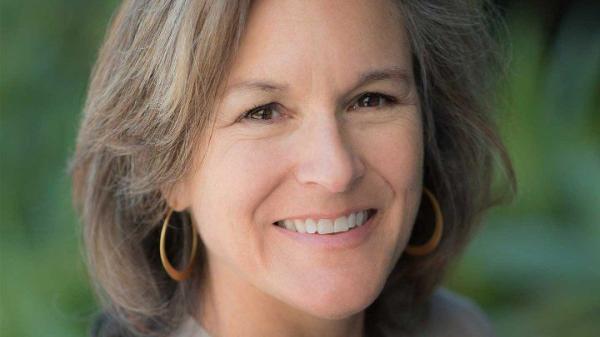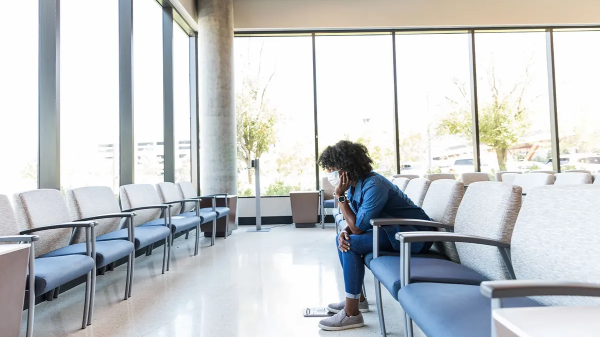Specific health measures – such as function, cognition and psychological well-being – should be incorporated into the assessment of whether major surgery is suitable for older adults, especially if the mortality risk after surgery outweighs the benefits, according to a new study by researchers at UC San Francisco.
In a review of nearly 1,350 U.S. patients age 66 and older, almost 1-in-5 of those who had major surgery died within a year. Factors such as dementia and lost ability to perform activities of daily living were significantly associated with mortality, the researchers said.
The findings appear online March 11, 2020, in JAMA Surgery.
“Improving our understanding of functional, cognitive and psychological risk factors in this population, particularly in predicting risk beyond typical medical factors, is essential to providing patient-centered care,” said lead author Victoria Tang, MD, MAS, assistant professor of Geriatrics and of Hospital Medicine at UCSF and the affiliated San Francisco VA Health Care System. “This understanding will help inform targets for pre-operative risk assessment and optimization that may lead to improved patient outcomes, as well as comparing outcomes across providers that care for medically complex and frail patients.”
More than 4 million operations are performed annually on U.S. adults age 65 and older, who are more medically complex and at higher risk of morbidity and mortality than their younger counterparts. While their physical, cognitive and psychological functions are as important as medical conditions in their overall health and well-being, these often are not part of routine risk assessments before surgery.
In the JAMA Surgery study, Tang and her colleagues used the National Institute on Aging Health and Retirement Study to review 1,341 patients age 66 and older who underwent an abdominal aortic aneurysm repair (7 percent), coronary artery bypass graft (51 percent) or colectomy (42 percent) between 1992 and 2014. The national study measures changes in the health and economic circumstances of patients as they age, with interviews in person or by phone every two years.
Before surgery, at least 90 percent of the patients were independent or did not need help with activities of daily living or instrumental activities of daily living. Six percent had dementia, 23 percent had cognitive impairment without dementia, and 25 percent had depression. Activities of daily living included bathing, dressing, eating, using the bathroom, getting in and out of bed, and walking across the room. Instrumental activities of daily living included preparing meals, managing personal financing, using the phone, shopping and taking medication.
Overall, 225 (17 percent) of the patients who underwent major surgery died within a year. Several measures were associated with increased mortality, including activities of daily living, inability to walk several blocks, dementia and depression. Among those who needed support for at least two activities of daily living, 29 percent died vs. 13 percent of those who were independent; 17 percent of those who were unable to walk several blocks died vs. 11 percent of those who were able; 21 percent of dementia patients died vs. 12 percent without dementia; and 19 percent of those with depression died vs. 12 percent without. The mortality risk also increased as the number of risk factors increased: 10 percent for no factors, 16.2 percent for one factor and 27.8 percent for two factors.
Based on these findings, future research should examine how to incorporate functional, cognitive and psychological factors in the pre-surgery assessment of older adults, Tang said.
“The identification of these risk factors prior to surgery likely will help identify those who are poorly able to withstand the stress of surgery,” Tang said. “This information also will help inform those who may have a limited life expectancy following surgery to consider whether the stress and potentially lengthy recovery period may outweigh any benefits when the surgery may be elective.”
Co-Authors: Senior author Kenneth Covinsky, MD, MPH, John Boscardin, PhD, Sarah Ngo and Emily Finlayson, of UCSF; and Bocheng Jing and Molly Silvestrini, of the San Francisco VA Medical Center (SFVAMC) and Northern California Institute for Research and Education. Covinsky and Ngo also are with the SFVAMC.
Funding: Financial support was provided by the National Institute on Aging grants for Early Medical/Surgical Specialists’ Transition to Aging Research (R03AG056342), National Institute on Aging Mentored Career Development Award (KL2TR001870), and National Institute on Aging of the National Institutes of Health and UCSF Claude D. Pepper Older Americans Independence Center (P30AG044281). The authors report no conflicts of interest.
The University of California, San Francisco (UCSF) is exclusively focused on the health sciences and is dedicated to promoting health worldwide through advanced biomedical research, graduate-level education in the life sciences and health professions, and excellence in patient care. UCSF Health, which serves as UCSF’s primary academic medical center, includes top-ranked specialty hospitals and other clinical programs, and has affiliations throughout the Bay Area.




